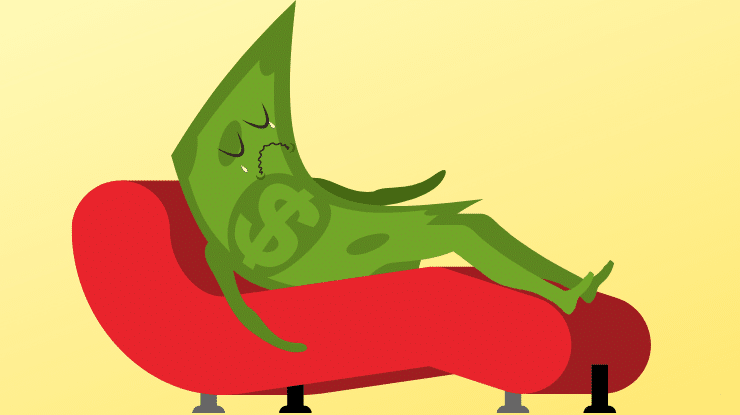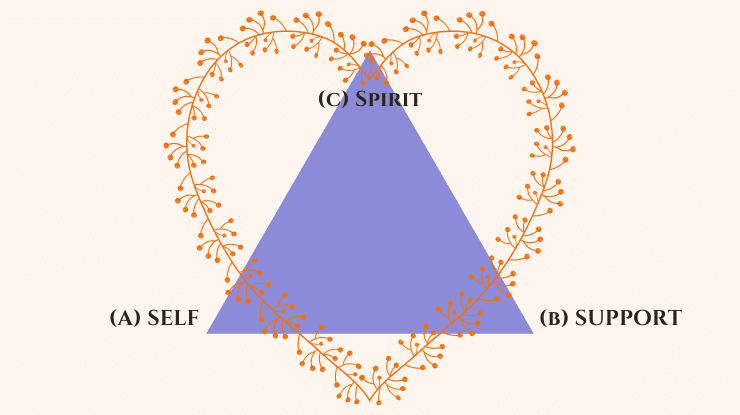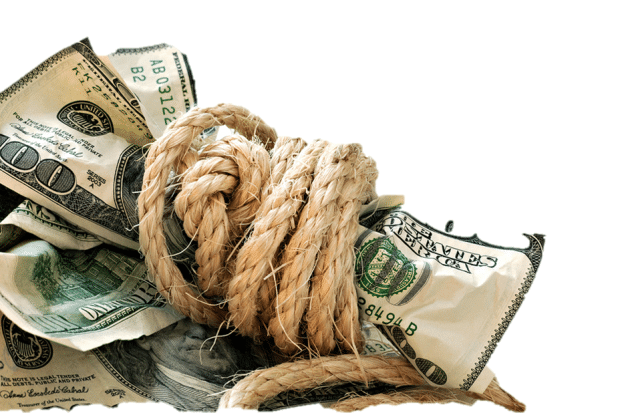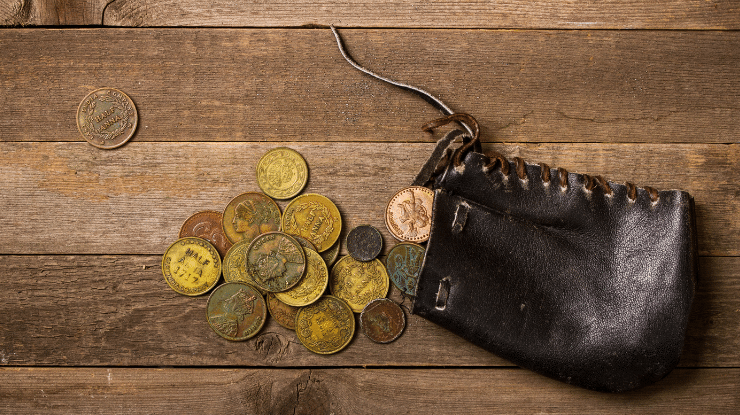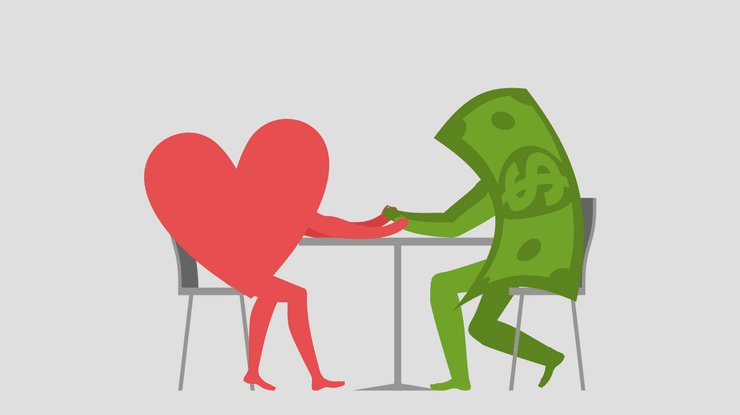Let me give you my perspective on why you’re having money problems. This comes from 25 years working as a Financial Therapist.
You know that financial difficulty you’re facing—big or small? It’s about far more than money. It is, in truth, the call of your Soul trying to get your attention.
This problem actually provides you with a powerful opportunity for personal transformation. But what begins as a whisper will, if ignored, grow increasingly louder.
When you finally decide to face your difficulty, you begin the process of becoming all you’re meant to be.
Confronting and solving a Financial Challenge is what opens the door between the life you now live and the life you could be creating. On the other side of that door lies your power.


